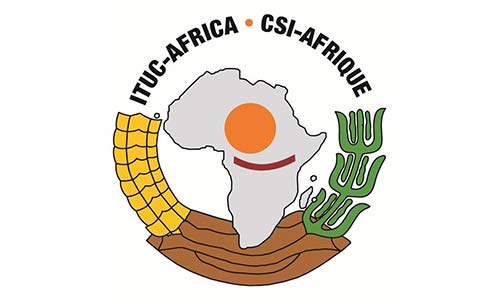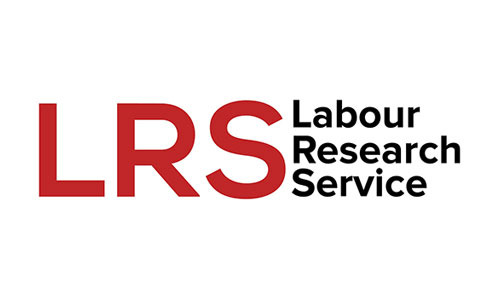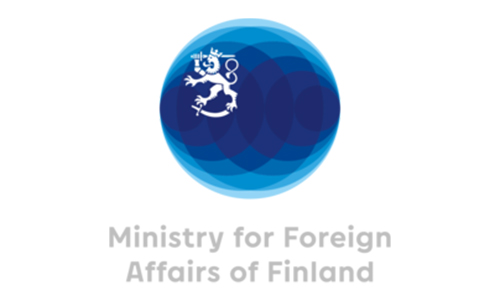Informal sector growth, illegal immigration, post-Covid issues and climate change. These four parameters could jeopardise the sustainability of the Tunisian General Labour Union (UGTT) and its ability to respond to the AfCFTA in the short-term, according to the study, The issues of the AfCFTA agreement in Tunisia and its impact on the Tunisian General Labour Union Union . In this interview, Mohamed Faical Kadhkadhi, co-author of the study at the UGTT, provides some insights.
What is the level of awareness about the AfCFTA agreement and its potential impact?
A number of civil society organisations are engaged in researching the impact of the AfCFTA agreement. As representatives of workers, trade unions can have an impact on some dimensions of trade outcomes. The Tunisian General Labour Union (UGTT) is seeking to strengthen its capacity to engage on issues related to the AfCFTA. The UGTT’s recent study, for example, will be a contribution to the African integration and trade discourse and shape the union’s response to the AfCFTA. To ensure a balanced implementation of the agreement across the continent, the study calls for strong trade union solidarity. However, addressing the main concerns of trade unions in Tunisia will require more political will.
 Source: The issues of the AfCFTA agreement in Tunisia and its impact on the Tunisian General Labour Union (UGTT), 2021
Source: The issues of the AfCFTA agreement in Tunisia and its impact on the Tunisian General Labour Union (UGTT), 2021
Did you find it difficult to get information about the AfCFTA?
Information on trade with other countries can be hard to come by. This may be because of excessive bureaucracy in government ministries or because the information does not exist. The union would benefit from having easily accessible and up-to-date information on the AfCFTA, which would help inform our responses to the concerns identified by workers. Closely related to the information bottleneck is the government’s lack of transparency and stakeholder engagement in the AfCFTA process in the past. This may have implications for future participatory approaches.
For the research study, did you involve stakeholders?
We engaged a wide range of stakeholders in the study, from trade unionists and academics to policy makers and international experts. The diversity of expertise and the in-depth review of the academic literature helped to bring to the surface the risks and impacts of the AfCFTA agreement on sustainable development, social issues, etc.
How will the Continental Free Trade Area affect unions in manufacturing?
The results of the study point to potential risks for the UGTT and its affiliates organising in the manufacturing sector. Unions have been effective in representing members’ interests. But trade liberalisation could give rise to scenarios that could be a threat to their ability to function and remain sustainable. There is strong empirical evidence of the link between trade liberalisation and informalisation. In the face of increased demand and the need to achieve economies of scale under the AfCFTA, formal SMEs and large local and foreign firms may turn to informal production processes in order to remain competitive. In the context of trade liberalisation, informalisation and illegal immigration are mutually reinforcing. The AfCFTA will be no exception. Unions can expect to face government-backed capital interests, labour rights abuses and repression of union activity in the sectors most exposed to free trade.
It is strongly recommended that trade unions use a SWOT matrix as a basis for their perspective on the AfCFTA agreement.
SWOT matrix as a tool for assessing the impacts of the AfCFTA agreement on the UGTT
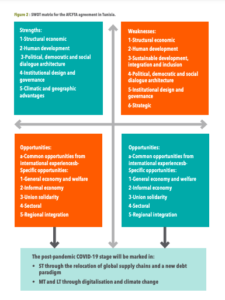
What can trade unions push for at continental and national level?
Some of the things that trade unions should be advocating and demanding are:
- Harmonising rules, for example to prevent unfair competition and dumping.
- A common vision for a just transition in the energy sector
- The inclusion of labour provisions in the AfCFTA agreement.
- Participation of the unions in mechanisms for the resolution of trade, environmental and social disputes.
- Monitoring and oversight role in the implementation of the agreement.
- Mechanisms for the transformation of corporate governance and the promotion of decent work in multinational companies with operations in Africa.
- Strengthening solidarity and the transfer of knowledge within the African trade union movement.
Full report (PDF): The issues of the AfCFTA agreement in Tunisia and its impact on the Tunisian General Labour Union (UGTT)

Nelly Nyagah
Nelly Nyagah is the Head of Communications at Labour Research Service.

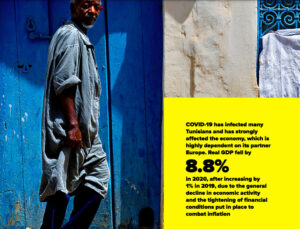 Source: The issues of the AfCFTA agreement in Tunisia and its impact on the Tunisian General Labour Union (UGTT), 2021
Source: The issues of the AfCFTA agreement in Tunisia and its impact on the Tunisian General Labour Union (UGTT), 2021